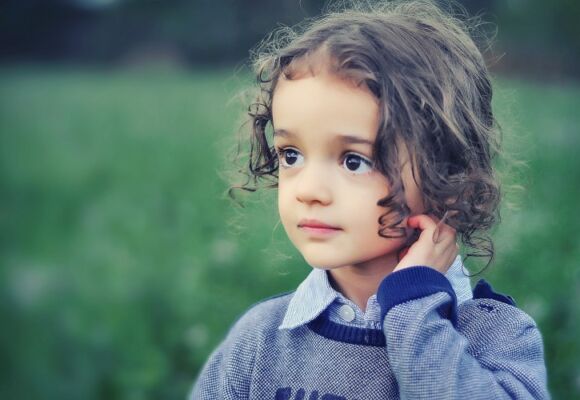When proceedings are issued for the return of children who are alleged to have been abducted, a defence that can be used is that the child themselves object to a return. Each case will be decided on it’s own facts however this can be a useful defence when responding to an application made for the return of a child under the Hague Convention.
One recently reported case has highlighted this. In C (Abduction: Article 13(b) & Child’s Objections) [2022] EWHC 311 (Fam) Cobb J had to decide an application made by the father to have his daughter returned to Poland, she being 9 years old. The father acknowledged that there had been some evidence of domestic abuse in the parents relationship however argued that safeguards could be put in place for the mother to see her safely return to Poland.
The mother defended the proceedings on the basis that both a return would subject the child to a grave risk of physical or psychological harm and that the child’s objected herself to a return. As for the latter point, the daughter has been interviewed by CAFCASS who had reported on two separate occasions that the child’s views were firm that she did not wish to return to Poland. The father argued that the child’s views were not her own and were that of the mother and also that the child lacked the maturity to be able to reach a view about the proposed return.
The Judge rejected these views and concluded that:
“I am satisfied on the evidence placed before the court that C genuinely, and authentically, objects to a return to Poland, and that she has attained an age and degree of maturity that I should take account of her views. The objection is rooted, it seems to me, in a genuine fear that she will be brought into close contact with her father either in an arranged or in an unsolicited way; she appears genuinely to perceive that he poses a serious threat to her and to her mother. I am wholly satisfied that C currently wishes to avoid any risk of physical contact with him. Her objection is also doubtless fashioned to some extent by the fact that she has now been living in England for 18 months, and is (as the school reflects) happy and settled here. I am quite sure that C will have been exposed to the negative views held by the mother about the father and his family; I am also conscious that C has started to call her stepfather “dad” and her father by his first name – illustrative of her shifting sense of affection, loyalty and/or family alignment. However, I am satisfied (reliant on Ms Magson’s assessment) that C is expressing her own views about a return to Poland, and is not merely parroting the views of her mother, even though – I acknowledge – their views coincide.”
The Judge therefore rejected the father’s application.
The case shows the importance in Hague proceedings of raising defences at the earliest point and how crucial a child’s objections can be.
